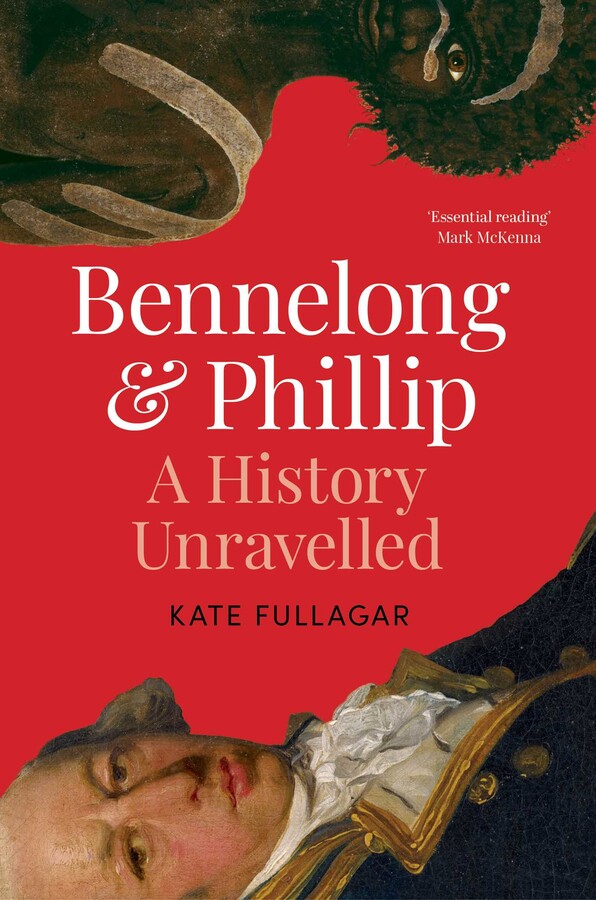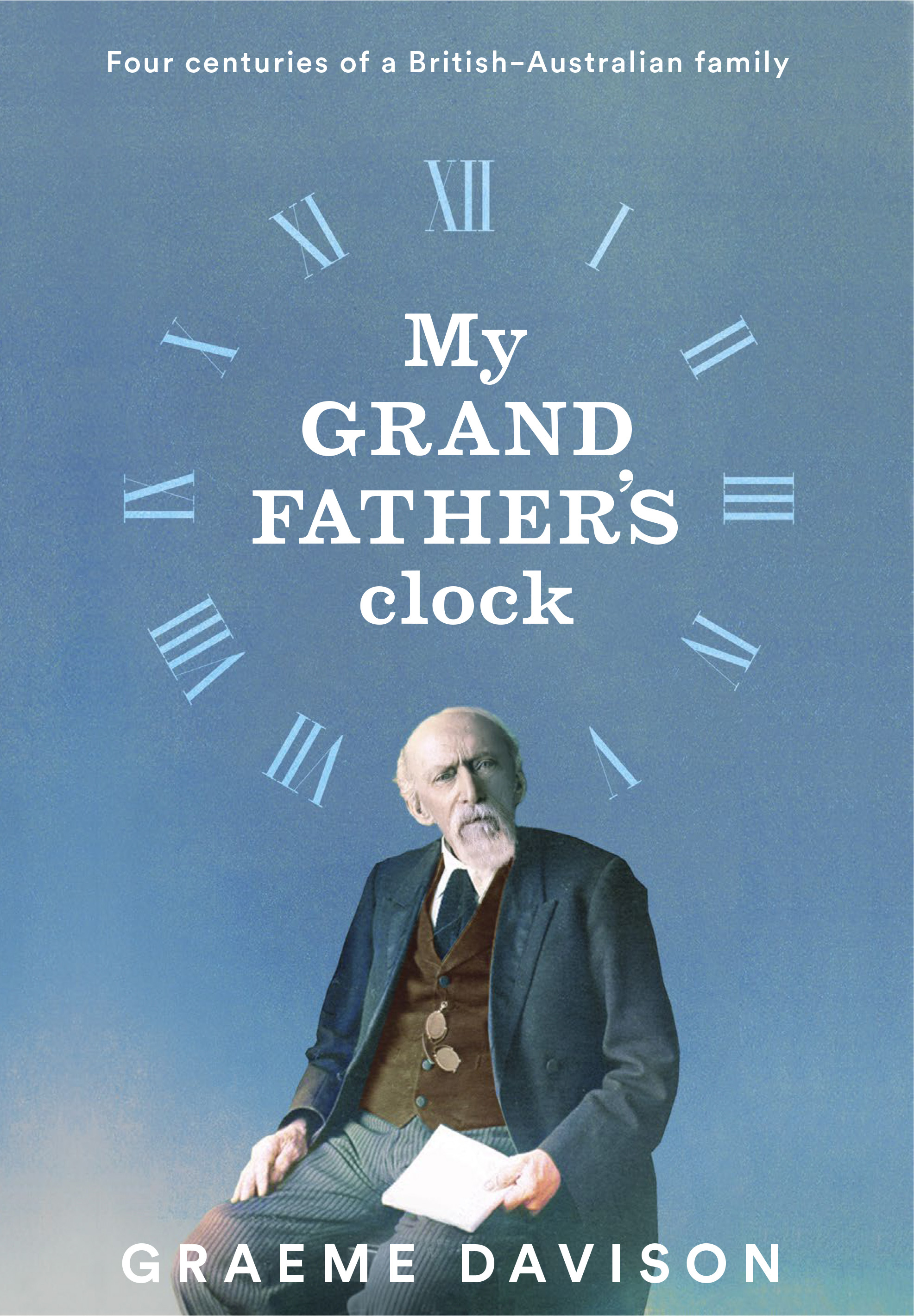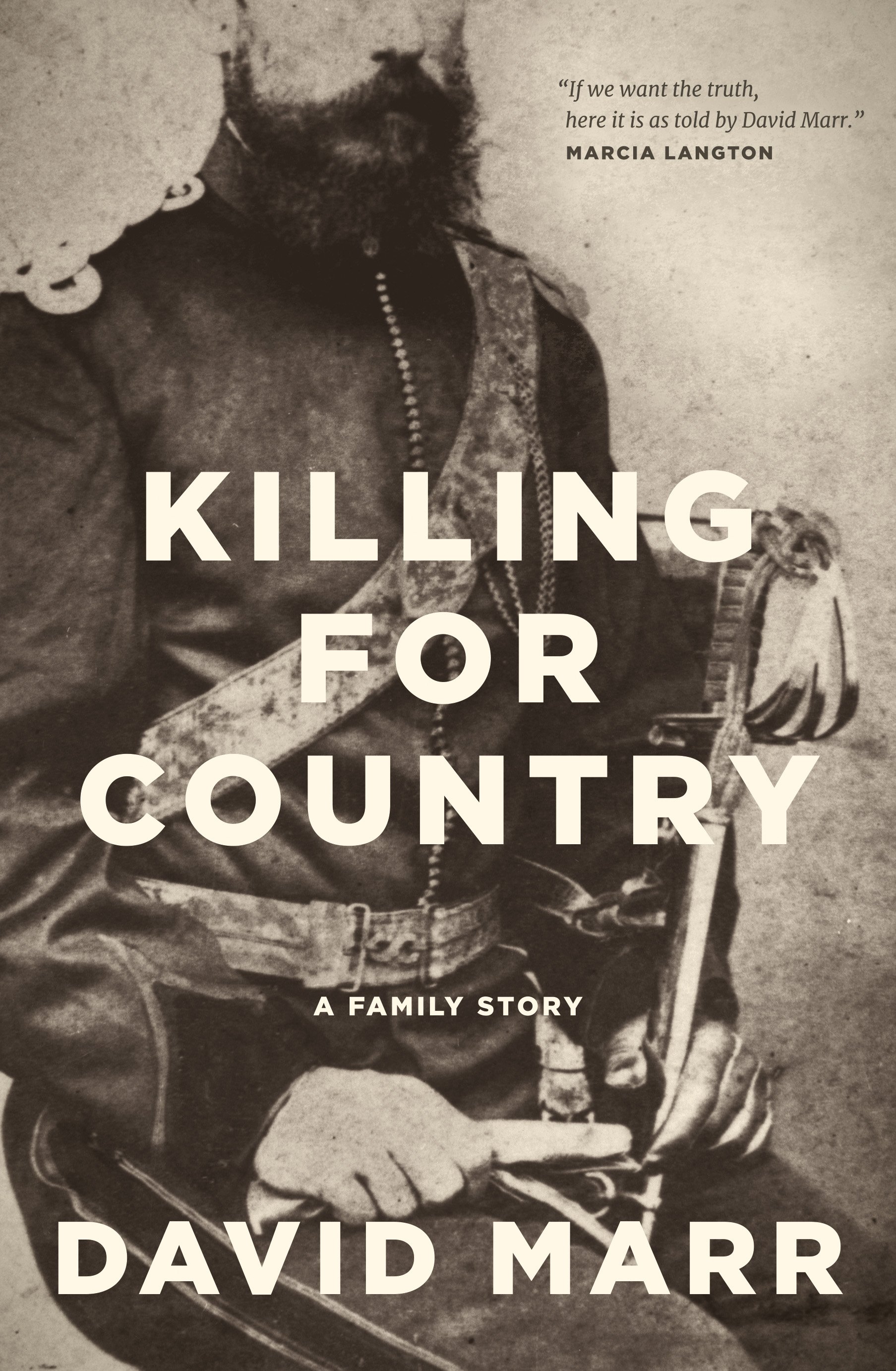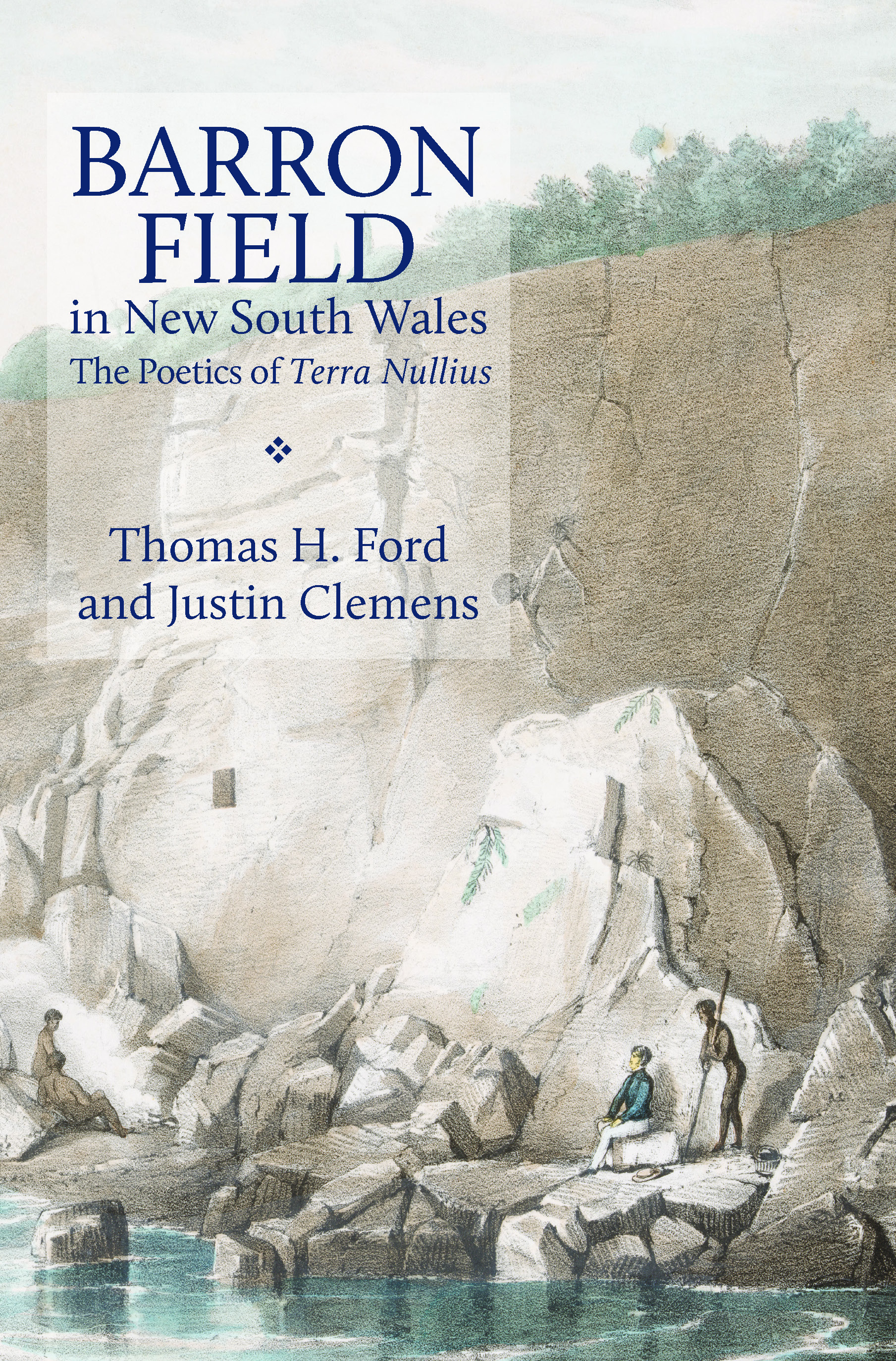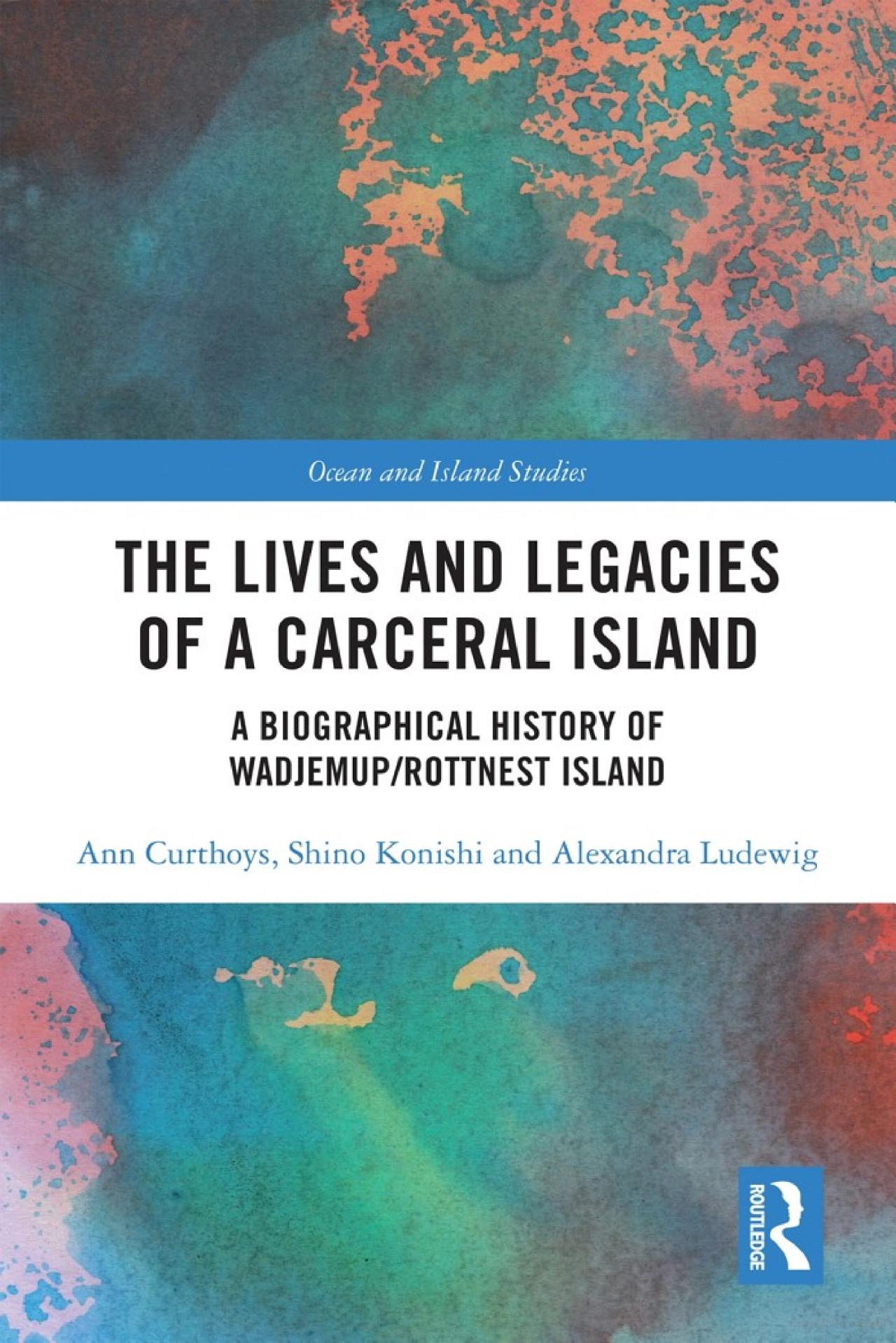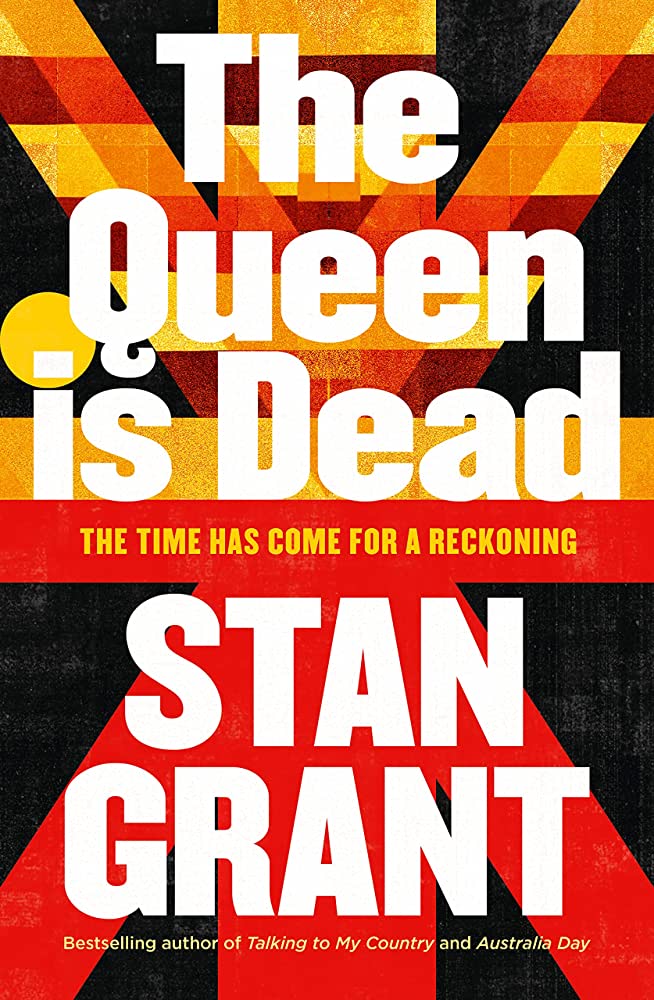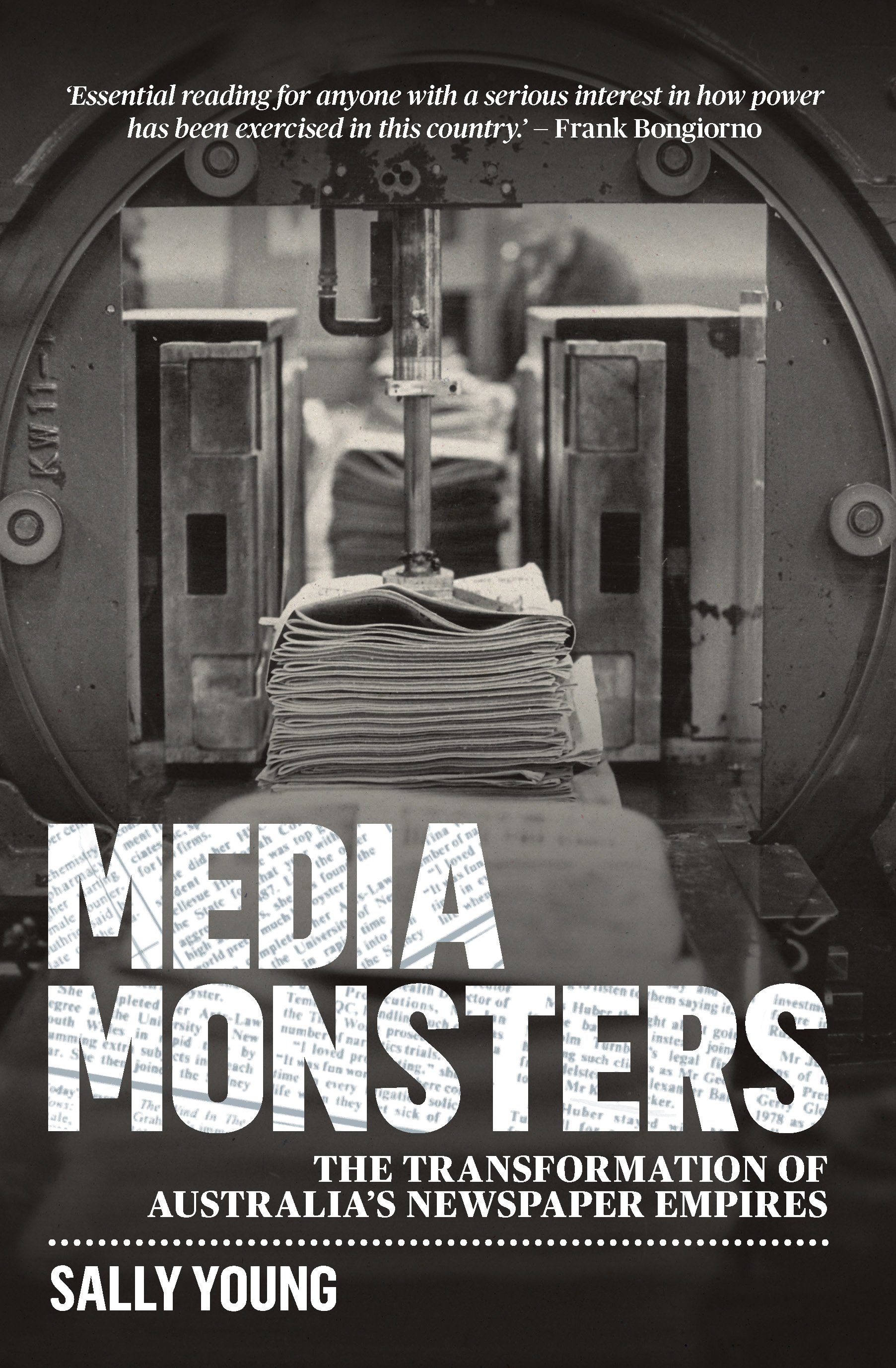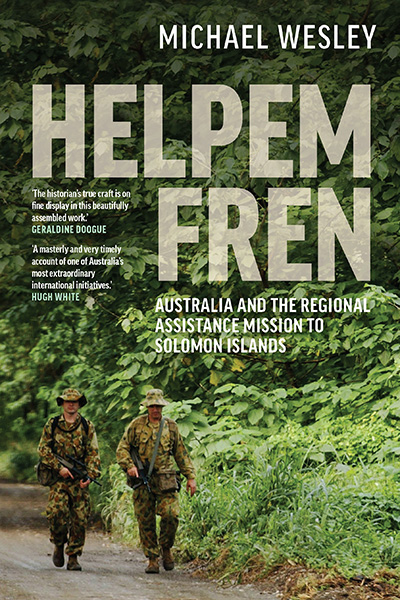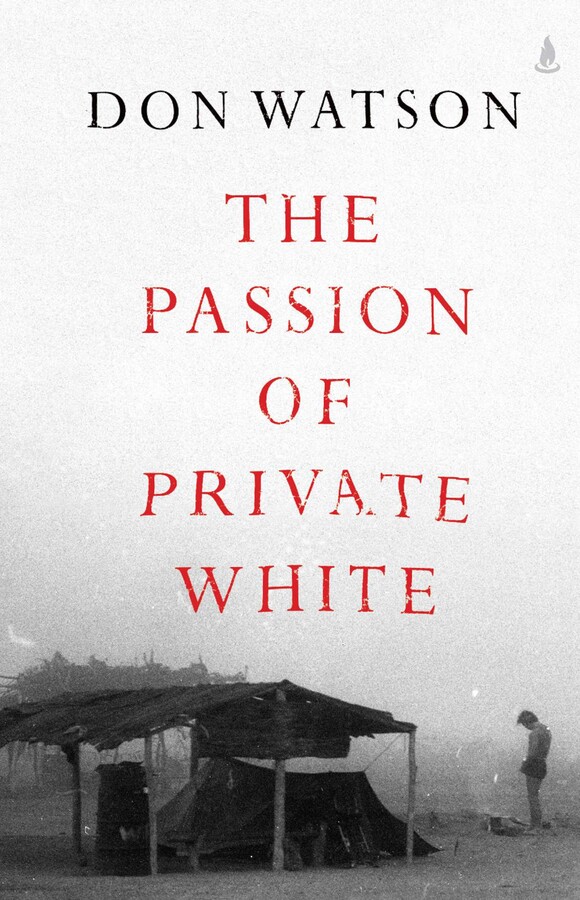Australian History
Bennelong & Phillip: A history unravelled by Kate Fullagar
The story of the extended encounter between Eora Aboriginal man Bennelong and Arthur Phillip, first governor of the British colony at Sydney, has often been told as both emblematic and predictive of the history of British possession of Australia, and of Aboriginal dispossession. Historians such as Grace Karskens and Keith Vincent Smith have peeled back the layers of this narrative to find ways of telling more complex, contextualised, and open-ended stories. Fullagar reaches a new stage in this journey, and the journey of Australian history more generally. She offers a fresh perspective on Bennelong and Phillip, on the nature of their exchange and the broader currents in which they swam.
... (read more)My Grandfather's Clock: Four centuries of a British-Australian family by Graeme Davison
With My Grandfather’s Clock: Four centuries of a British-Australian family, historian Graeme Davison has offered his readers and bequeathed to his grandchildren a very special book, at once genealogy, travelogue, memoir, broad social history, and a meditation on the sources of personal identity. It is a book to be treasured.
... (read more)Forty-three years ago, David Marr – journalist, broadcaster, biographer, political commentator, and public intellectual – published his first book, a sharp, memorable biography of Garfield Barwick, former Liberal attorney-general and chief justice of the High Court. After the appearance of Patrick White: A life in 1991, long considered one of the best biographies ever written in Australia, he might well have followed the more predictable path of the serial biographer. But Marr’s trajectory has proved to be anything but predictable.
... (read more)Clare Wright’s letter in response to Bain Attwood (ABR, August 2023) should profoundly disturb and unsettle anyone in this country concerned about the survival of active, rigorous, and engaged historical scholarship.
... (read more)Barron Field in New South Wales: The poetics of Terra Nullius by Justin Clemens and Thomas H. Ford
Literary study tends to be characterised by bipolar episodes, swinging between enjoyment and judgement. There is reading for pleasure and learning to be critical, or making up your mind about how good, bad, or indifferent a literary work is. This way of thinking about literature still pervades all levels of the cultural and social scenes where readers talk to one another. We discuss with our friends or communities whether we like a work of literature or not, but when things get formal or seminar-serious the conversation shifts to whether we think that work is any good – a different thing. The Saturday review pages wobble between these two modes, between chat about whether readers will like a book or film, and whether it’s any good or not. Some texts that have become good over time, canonical in other words, we might not like. ‘Like’, here, of course, is a very fuzzy notion, although you would have to be delusional to think a book is automatically good because you like it. And liking certain texts, Ern Malley’s poetry or Stephenie Meyer’s fiction for example, might be evidence, in some people’s view, of a lack of taste, or bad judgement. But as we say, there’s no accounting for that.
... (read more)The Lives and Legacies of a Carceral Island: A biographical history of Wadjemup/Rottnest Island by Ann Curthoys, Shino Konishi, and Alexandra Ludewig
Islands, as recent histories of immigration detention and quarantine show, offer unique things to human societies. Rimmed by a watery bulwark, they have more surveyable borders than do mainlands. Their status as sublands suggest that they exist outside the conventions and temporal dimensions of larger, mainland societies. What happens on an island stays on an island; at least, island prison warders and sojourners imagined this to be the case.
... (read more)The Queen is Dead: The time has come for a reckoning by Stan Grant
As I write this review, Stan Grant’s name is everywhere as the media and the public absorb his decision to step aside from compèring ABC Television’s Q&A after citing the cumulative wear and tear on him and his family of weeks of online racist abuse. Yet such is the pace of the twenty-four-hour news cycle that by the time this review appears, another episode in the seemingly never-ending racist diatribe against Australian First Nations peoples will have moved Grant off the front pages. The ‘trolls of the Twitter sewer’, as Grant calls them, will have found another target for their hatred and aggression.
... (read more)Media Monsters: The transformation of Australia’s newspaper empires by Sally Young
In 1968, Rupert Murdoch was one step from acquiring his first international media holding, in the British tabloid The News of the World. That Murdoch was so close was a personal coup, given that his press ownership had begun sixteen years earlier with a much-diminished inheritance, largely based in Adelaide. To pull off the News of the World acquisition, however, Murdoch needed government approval to transfer $10 million Australian offshore. Speed, secrecy, and surety were pivotal, and in search of all three Murdoch went to John McEwen, the deputy prime minister and leader of the Country Party. The two had an enduring bond: McEwen had helped Murdoch buy his grazing station and family bolthole, Cavan, and when McEwen was appointed acting prime minister after the death of Harold Holt in 1967, Murdoch had argued in The Australian that McEwen should be prime minister in his own right. Now, in 1968, McEwen took Murdoch to the prime minister, John Gorton, who was also familiar with the young press baron. Gorton had briefly been lined up to work for Murdoch’s father in the 1930s and owed something of his present job now to the influence Murdoch had wielded when it became clear that McEwen could not remain prime minister.
... (read more)Helpem Fren: Australia and the Regional Assistance Mission to the Solomon Islands by Michael Wesley
It would be interesting to know how many Australians have heard of the Regional Assistance Mission to Solomon Islands (RAMSI). My guess is that not many have, and then only vaguely. It is interesting, then, that Melbourne University Publishing has published a book about the mission. Written by political scientist Michael Wesley, Helpem Fren is a detailed and meticulously researched account of the intervention, from an Australian perspective.
... (read more)No publisher or literary agent could have dreamt up or commissioned this remarkable book. It is wholly unexpected and original. It is about some Yolngu clans in north-east Arnhem Land, a group of Vietnam veterans, and an anthropologist named Neville White, who happens to be an old friend of one of Australia’s finest writers, Don Watson. Watson observes Neville, who systematically observes the Yolngu, who are regularly visited by the vets. It sounds like a lugubrious farce and sometimes it reads that way. But it is a deeply serious enquiry into questions at the heart of Australian history, politics, and identity.
... (read more)

